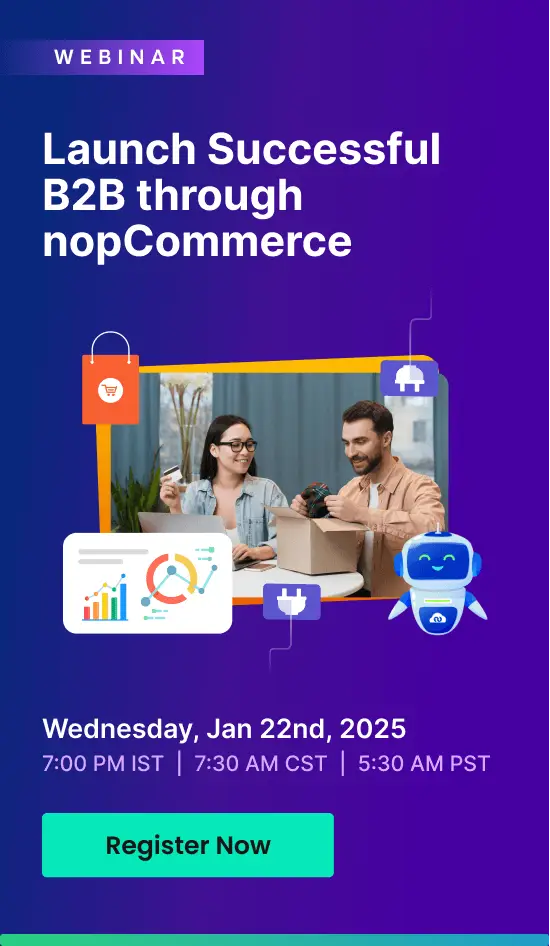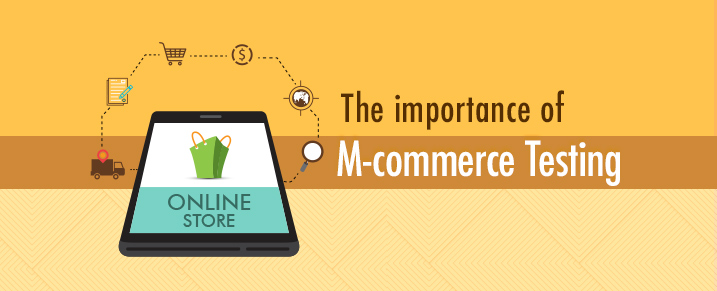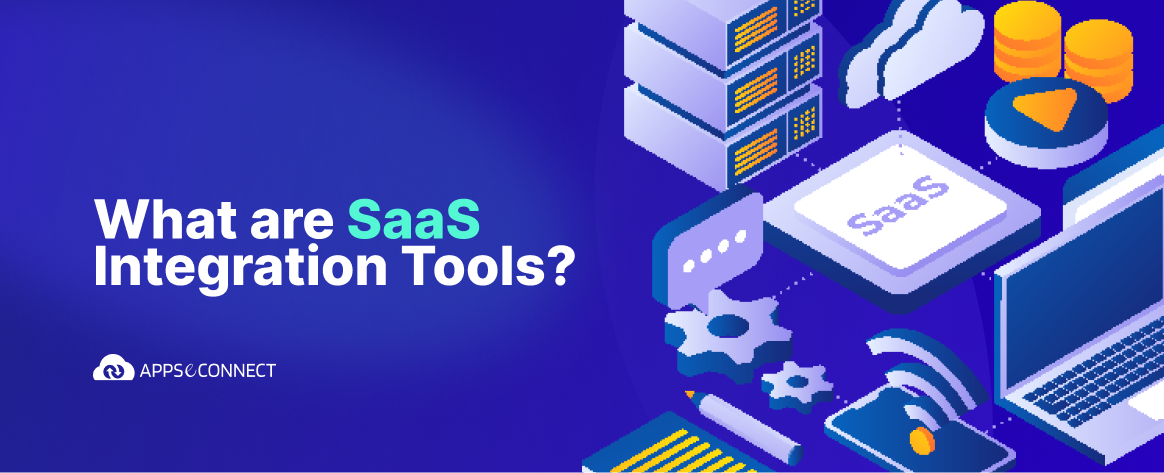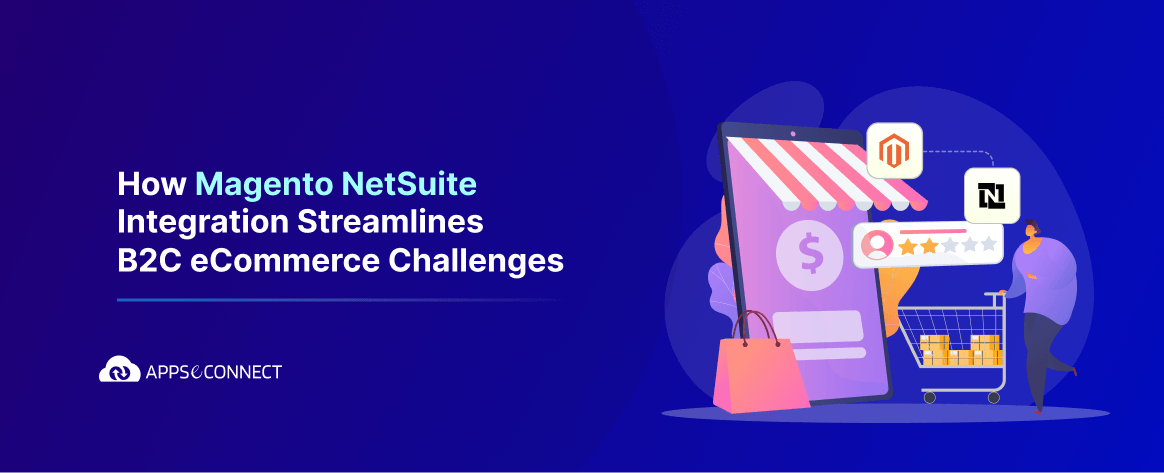Gone are those days when telephone would be an appliance that sat at the corner of the room and was noticed attentively only on ringing. Technology has made the mobile a man’s great friend. The general shift of buying products from retail stores to online hasn’t lost in wireless technology. Mobile technology and smart devices are already a trend and an integral part of our daily living now and will further change the world in the near future. Now any of these devices are not only machines but also is an extension of the human being itself.
Ecommerce is a greater trend nowadays and a subset of it is mobile commerce.
Mobile e-commerce (m-commerce) is a term that describes online sales transactions that use wireless electronic devices such as hand-held computers, mobile phones or laptops. These wireless devices interact with computer networks that have the ability to conduct online merchandise purchases.
Now question arises why m-commerce?
Device vendors target younger generations who use mobile phones more than any other age group prompting online vendors to collaborate with big names in the telecommunications industry to promote the advancement of e-commerce to m-commerce such that users can shop online from their phones. Most of these advances are accomplished through sophisticated application designs that are constantly emerging and evolving.
However, to make the use of mobile more user friendly it needs to be tested completely and constantly to find any glitches or improvements and ultimately meet the requirements of the users in respective time.
Need of Mobile Ecommerce Testing: –
- Different variations in mobile devices – Mobile phones can differ in screen sizes, hardware configurations, etc.; some may have virtual keypad while other may support only the hard keypad buttons.
- Wide varieties of mobile device manufacturing brands – There’s a huge market for the mobile devices from different companies which include Nokia, Samsung, HTC, Apple Inc., Lenovo, etc.
- Different types of mobile Operating System – Individual testing of mobile devices is required as not all the devices run on the same Operating System (OS) and their functionalities obviously vary. Different Operating System that we come by everyday may include Android, Windows, Blackberry OS, iOS etc.
- Different versions – Even when there are Operating Systems and the devices have been tested once, they still need a retest in due time since different, updated version of the existing Operating System have been introduced, like – S-iOS 5.x, iOS 6.x, BB5.x, BB6.x etc.
- Different Mobile Network Support Technologies like GSM, CDMA, HSPA, LTE etc. require us to keep the devices up to date till the current date so that the usability does not get affected.
- Frequent updates-With every update a new testing cycle is recommended to make sure that the functionality is not impacted.
Types of Mobile Ecommerce App Testing:
- Usability Testing– Done to make sure that the mobile itself and all it’s apps are easy to use and that it provides a satisfactory response from the customers.
- Compatibility Testing-Testing of the application on different mobile devices, browsers, screen sizes and OS versions as per the requirement.
- Interference Testing-Testing of the menu options, buttons, bookmarks and the navigation flow of any application.
- Performance Testing-Testing the performance of the application includes processes like making changes in the internet connection settings (2G to 3G and 4G to Wi-Fi), sharing documents/ files/ media from different devices, evaluation of battery consumption in multiple situations, etc.
- Installation Testing– This includes the testing and the validation of the mobile applications by installing and uninstalling them on the device.
- Security Testing-Testing the application to validate whether the information provided are secured and protected in it or not.
- Operational Testing-Testing for creating and retrieving backups via recovery plan if battery goes down or data get lost while upgrading the application.
- Service Testing-Testing the services of the application when online or offline.

Here we clearly see how much there goes in for mobile testing to make the usability more credible for the respective users. The phone which we ultimately use so simply does not come by so simply after all – the diversity of Software and Operating Systems, different functionalities, different hardware configurations, etc. does, at instances, hinder a full scale efficient testing in time, but it is clear that despite all, even a common everyday item like a phone or any other mobile device has to go through a lot of rigorous evaluation to prove that it is actually worthy enough to become one of the best friends of Man in due time of its usage.
APPSeCONNECT is a single cloud platform, providing Comprehensive Integration Solution to make eBusinesses more productive and profitable. We bring Hybrid Integration Solution which enables businesses to speedily connect critical line-of-business applications. Using APPSeCONNECT you can easily integrate your m-commerce application to your back end systems and sync data in double quick time.





















